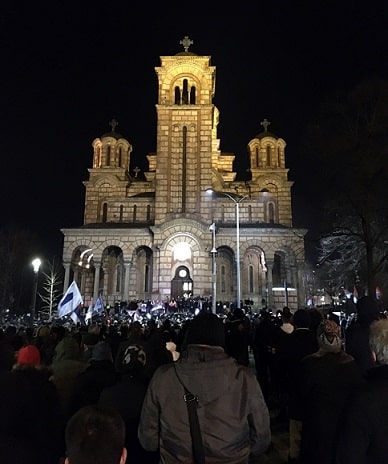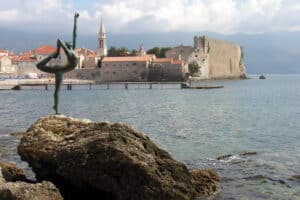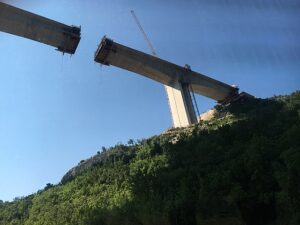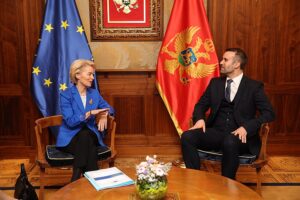Violent protests erupted on Saturday September 4th in Cetinje, the old capital of Montenegro, against the enthronement of a new Serbian Orthodox Church leader. Joanikije II has been inaugurated to the top clerical position, known as the Archbishop of Cetinje, or the Metropolitan of Montenegro.
The protests have been fierce: protesters threw rocks and bottles and were met with tear gas by the police. More than 20 people have gotten injured, and more than 12 people have been arrested, according to AFP.
Serb influence?
Montenegro, an ethnically diverse state, split with Serbia in 2006 but its church remains under the Serbian Orthodox Church. Montenegrins who identify as ethnic Serbs account for about a third of the country’s population, while the majority of Montenegrins are members of the Serbian Orthodox Church regardless of ethnicity.
Some, including Montenegro’s president, still see the Serbian Orthodox Church as a symbol of Serb influence, and see the inauguration ceremony as an insult to Montenegro’s struggle for sovereignty and independence.
After the enthronement ceremony, the new Archbishop Joanikije said it would take time to overcome the ethnic, political and religious divisions in Montenegro.
Djukanovic versus the Church
President Djukanovic is among those who see the Church as a symbol of Serb influence, and therefore urged protesters to disrupt the inauguration before going to Cetinje to attend himself.
The relationship between the Church and the President has been tense for some time. President Djukanovic is still reeling from the defeat of his Democratic Party of Socialists (DPS) suffered in last year’s parliamentary election, which came after he pushed through legislation to allow the state to claim Church property. The move backfired when the Church campaigned for the opposition, ensuring that the DPS was pushed from power for the first time in three decades.
Government officials have accused the DPS of attempting a coup through the protests. Some of the protesters were allegedly armed, and the protests have now been called a terrorist action by multiple politicians, including the Prime Minister Zvdrako Krivokapic. The DPS responded by arguing that the protest was not a coup d’etat, as the Church is not a state institution, but rather a citizen assembly, protected under the constitution.
Police action
The police action around the protest has also caused tensions within the government, as some parties accused the police of trying to prevent the Church enthronement. According to them, police officials have hesitated to act against the protesters. As a reaction, Prime Minister Krivopkapic announced on Monday the 6th of September that there will be an internal investigation into the police management of the protests.
Sources: BalkanInsight1 BalkanInsight2 BalkanInsight3 BBC
Photo: Wikimedia



